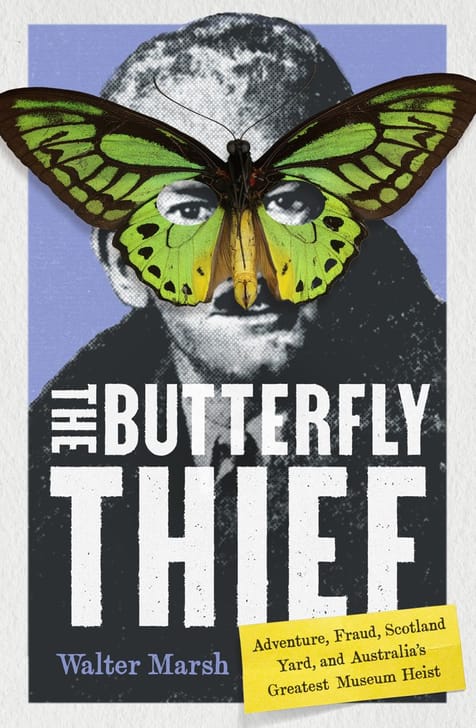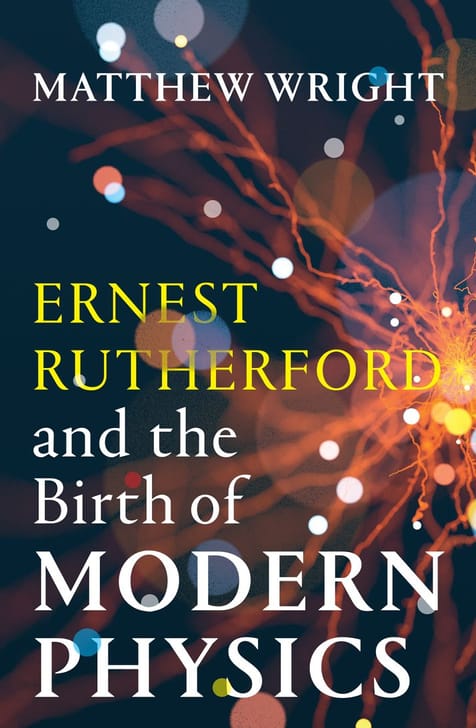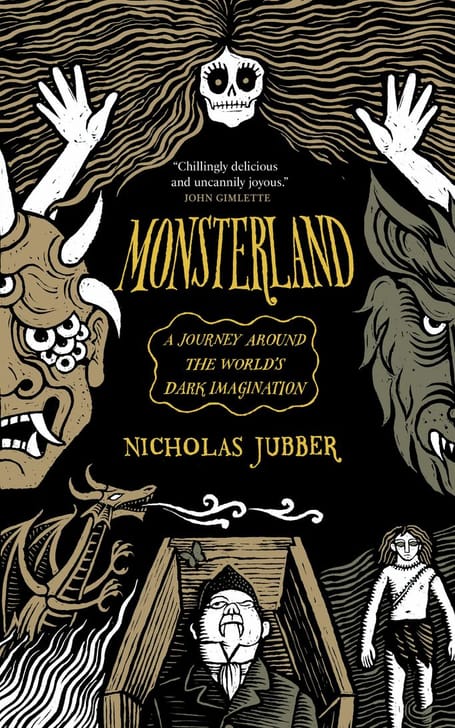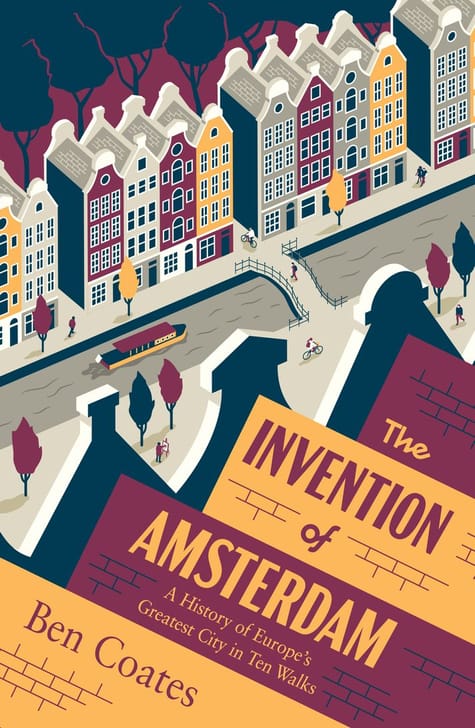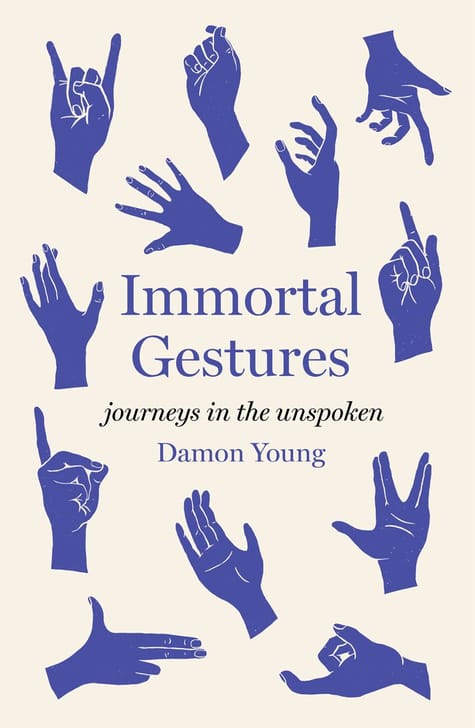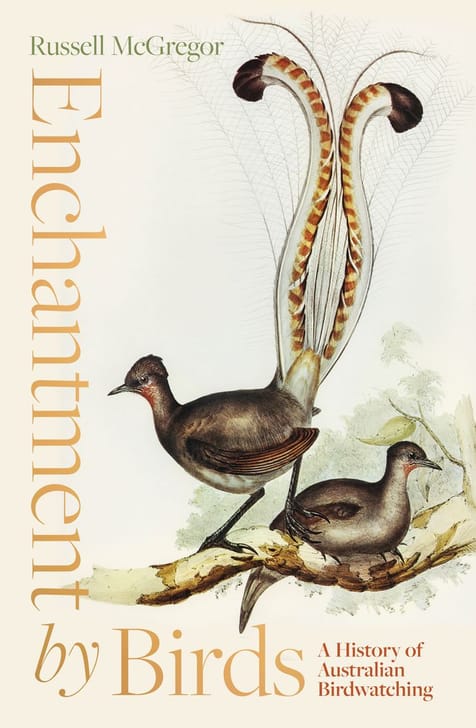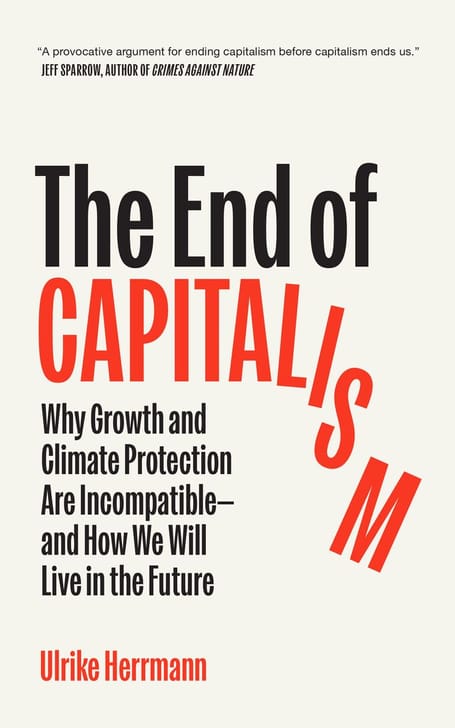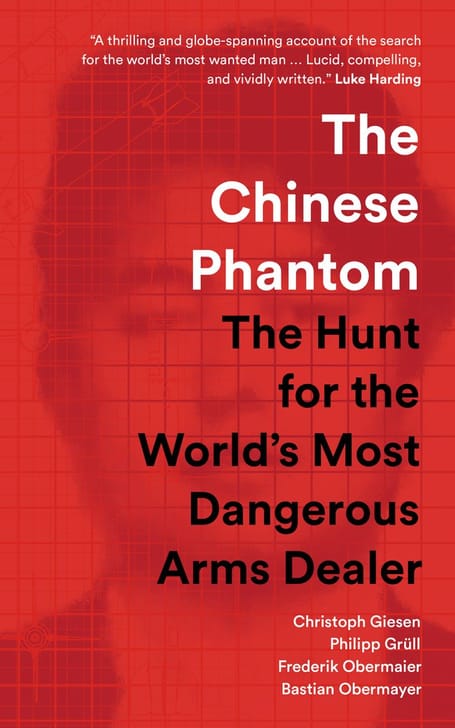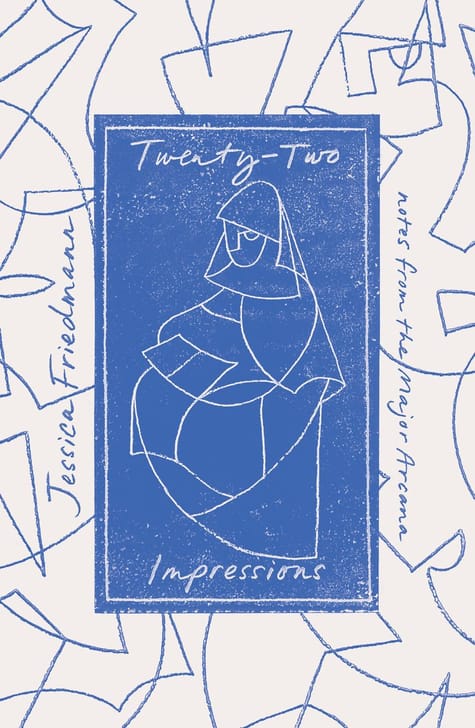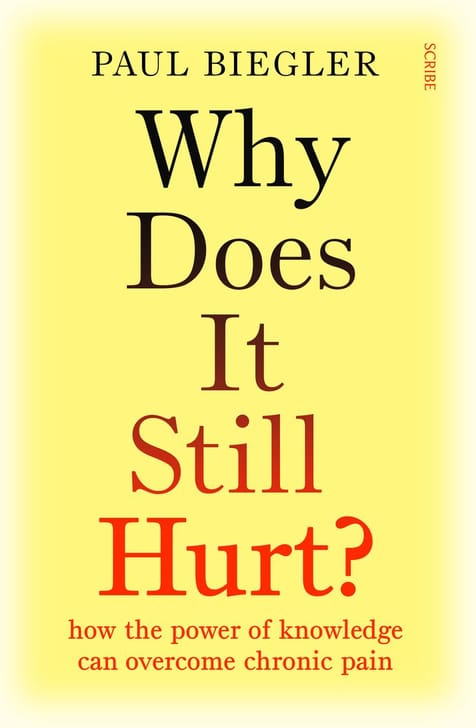
Why Does It Still Hurt?:
How the Power of Knowledge Can Overcome Chronic Pain
Why Does It Still Hurt?:
How the Power of Knowledge Can Overcome Chronic Pain
Overview
Can knowledge heal chronic pain? The ultimate, science-driven guide to understanding chronic pain.
Paul Biegler—a science journalist and former doctor—has interviewed the world’s leading pain experts, along with people who have weathered their own chronic pain battles.
Chronic pain is the single biggest cause of suffering. And yet, pain that persists for more than three months is often unrelated to any physical injury. So why does it still hurt?
From neuroplasticity, to sensitized nervous systems, and associative learning—Dr. Biegler’s journey through pain clinics and studies debunks common myths about pain treatments and explores the pivotal recent brain science that explains why a nervous system holds on to pain pathways, and how to retrain the brain and the body.
Discover what we can learn from the leading pain doctors and the pain clinics that offer no pain medications but still have excellent (and fast) results.
Why Does It Still Hurt? is a must-read for anyone with chronic pain who wants cutting-edge knowledge and help to live pain-free.
Details
- Format
- Size
- Extent
- ISBN
- RRP
- Pub date
- Rights held
- Paperback
- 6in x 9in
- 304 pages
- 9781957363271
- USD$20.00
- 4 April 2023
- WORLD
Praise
“As someone who lived with chronic pain for decades, I can’t recommend this book highly enough.”
“Why Does It Still Hurt? convincingly asks us to look beyond the usual offerings for pain—painkillers, surgeries, even replacement body parts—to psychological methods that challenge how we usually respond to physical suffering. By book’s end, Biegler says it’s up to us what we do with this new arsenal of knowledge. Profound possibilities are out there for treating pain that are now impossible to ignore.”
About the Author
Paul Biegler is a journalist, academic, and former specialist physician in emergency medicine. He is the author of The Ethical Treatment of Depression, which won the Australian Museum Eureka Prize for Research in Ethics.

